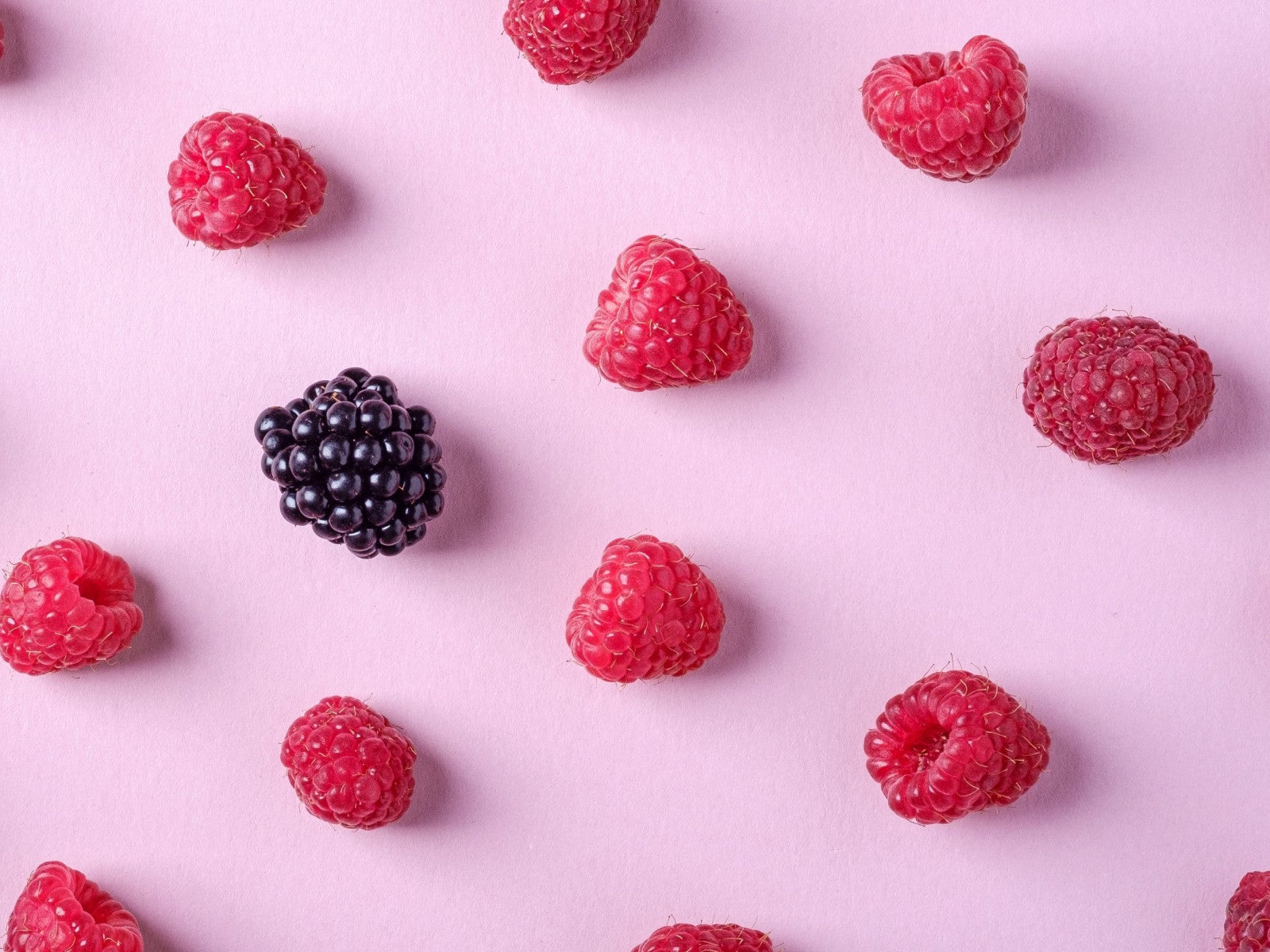Microbiome Diet ~ 3. Boosting the Good Guys
What you eat has a huge impact on your gut health. Some foods are beneficial for your gut bacteria, while others have the opposite effect. What foods are the ones that boost the beneficial microbes that live in your gut?
This is part 3 of the articles on Microbiome Diet. Read part 2 here: Microbiome diet 2: Animal Products and part 4.1 here: Microbiome Diet 4.1: Dangerous Food - Alcohol.
Plants are preferred!
While many sources of microbiome-focused diet advice [1, 2, 3, 4, 5] seem to disagree on the specifics, generally they agree that eating more plant-based products is good for you, the planet, and your gut health!
Plant-based foods contain many nutrients that we already know such as vitamins, minerals and dietary fibre. However, they are also rich in a whole universe of active chemicals that not only feed the good bacteria but also provide countless benefits to your overall health: polyphenols!
Scientists suggest that long-term consumption of diets rich in plant polyphenols offer protection against the development of cancers, cardiovascular diseases, diabetes, osteoporosis, and neurodegenerative diseases [1, 2]. People that maintain a plant-based diet tend to have a much lower risk of developing serious health conditions.
But what exactly are polyphenols?
First of all, they are a huge, diverse family of natural antioxidants in our diets. They are widely present in vegetables, fruits, cereals, but also tea, coffee and wine. More than 8000 individual polyphenols have been identified so far. They can be divided according to their chemical structure. Phenolic acids, flavonoids, stilbenes and lignans are some examples of the most common groups.
A large portion of the polyphenols we consume isn’t absorbed in the upper intestines. Instead, they travel down to the colon where most of them are metabolized by our gut microbiota. Our trillions of tiny tenants turn them into bioactive metabolites that are known to have beneficial effects on our intestinal health and overall wellbeing:
- Strengthening the connection between the cells of our gut prevents bacteria or toxins from entering our bodies.
- Increasing the production of mucus serves to defend against invading microbes.
- Stimulating the “good guys of our gut” to produce antimicrobial chemicals as yet another layer of defence.
- Reducing the aggressiveness of our own immune system to improve intestinal inflammation.
- Positively modulating the gut microbiome by inhibiting “bad players” while increasing probiotic organisms in our gut.
The richest sources and our recommendations
Polyphenol concentrations can vary depending on the food source, the way food has been prepared, and as a consequence of reacting with other chemical substances in our food. This makes it somewhat challenging to give reliable recommendations. Still, with this in mind, we have created a minimal reference guideline for the most polyphenol-rich foods.
1. Olive Oil
In part, this is due to its outstanding fatty acid profile, but VOO is also an excellent source of polyphenols with concentrations ranging from 50 to 1000 mg/kg. The phenolic fraction of VOO may also act as a promoting factor of survival and growth of beneficial Lactobacillus species and inhibit the growth of pathogenic bacteria.
Therefore, we recommend the daily consumption of about 40g, which is equivalent to about 3 tablespoons.
2. Polyphenol Boosters
In addition to olive oil, we have identified more foods that are super rich in polyphenols. We call these: polyphenol boosters!
We advise consuming at least 2 or 3 servings/day of the richest sources to promote the growth of beneficial microbes.
3. Fermented Foods
Fermented foods are defined as those foods that are made by desired microbial growth and enzymatic conversion. They are nothing new. In fact, they have been around for thousands of years and are very common in many cultures around the globe. They have become increasingly popular, due to their potential health benefits particularly mediated by the gut microbiota.
Apart from improving the taste, texture, and digestibility of our meals, fermented foods contain beneficial bacterial communities that inhibit pathogens and prevent food spoilage microbes from growing. Fermenting food is said to increase the concentration of vitamins and bioactive compounds, boosting its nutritional value.
Fermented foods have the potential to increase the diversity of the ecosystem within us and decrease inflammation. A diverse microbiome is more resilient to changes and able to function better.
We recommend at least 1 to 2 servings/day.
Conclusion
Polyphenols are a large group of antioxidants found in vegetables, fruits, spices and plant extracts. They have anti-inflammatory and anti-carcinogenic properties that contribute to reducing the risk of developing severe diseases. They influence the gut flora in a number of ways that support beneficial bacteria. Eating plenty of plant-based products lets you benefit from these properties. Fermented foods can be part of a balanced and healthy diet because they contain beneficial microbes that are known to have a variety of health benefits, particularly for the gut.
Author: Cecilia Clausen (Clinical Dietitian)





